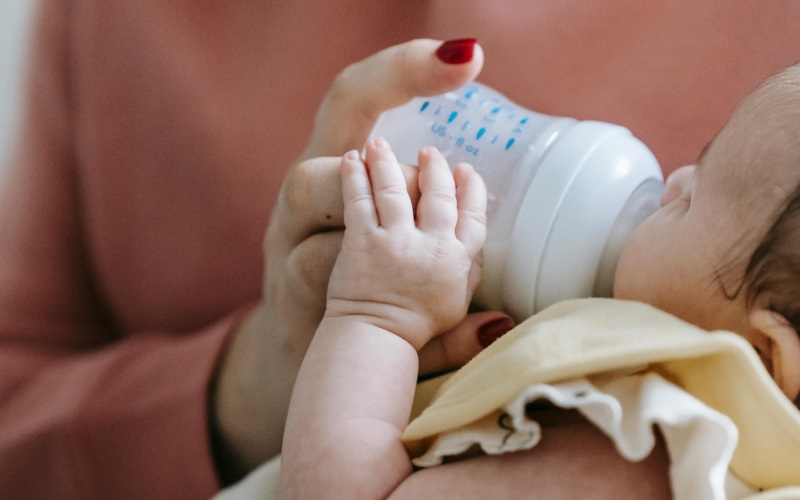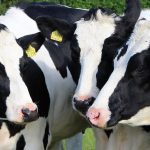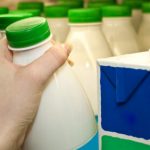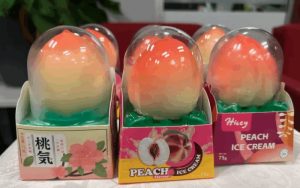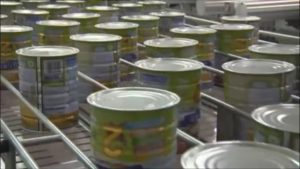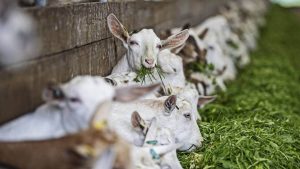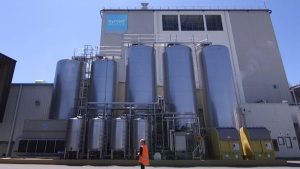
The Minister of Food Safety is set to take on his counterparts from all Australian states and the Federal Government on Thursday to try to save New Zealand infant formula exports to Australia and potentially to China.
Andrew Hoggard’s aim will be to amend proposed rules that would limit New Zealand producers’ abilities to showcase the ingredients of their products on packaging.
The move stems from a public push to promote breastfeeding in Australia.
But New Zealand producers have long argued that mothers who need infant formula for whatever reason should have full access to information about the products their babies are consuming.
The French multinational Danone has warned that jobs could be lost and exports restricted if the changes are made.
Prime Minister Christopher Luxon estimated $300 million in sales to Australia and potentially up to $2 billion elsewhere could be at risk at his post cabinet media conference on Monday.
The work to equalise standards for all Australian states and New Zealand was begun in 2013 and is basically finished. If implemented, it would be in force five years from now.
“Both officials in New Zealand and the industry itself are happy with about 99% of it and it actually improves a lot of stuff,” Hoggard said.
“The problem is there are two paragraphs around what manufacturers can put on front-of-pack labelling to inform consumers around ingredients or the protein content that may be in the product that’s basically going to put us at a competitive disadvantage.”
Hoggard said he will be pushing for a relaxation of the proposals.
“Basically, you know, I’m going to be asking the Australian ministers to review this part of it and I am hopeful they will listen to me and grant that review. Otherwise, the only option available to us will be to have a separate New Zealand or a modified New Zealand standard that’s different from the Australian ones.”
Hoggard said this will impose big costs on producers here. He said the problem could extend to exports of infant formula to China. That is because standards in China are tougher still, but China would still accept products that comply with rules set by Food Standards Australia and New Zealand (FSANZ).
“China allows e-commerce, so people can go online and import stuff from overseas jurisdictions as long as it meets that overseas jurisdiction’s food safety standard. So, it doesn’t have to meet the Chinese standard, which is actually even tougher than what FSANZ is proposing. It just has to make the home countries’ standard, which would be the FSANZ standard.”
Hoggard said the proposed change is not quite like cigarette package labelling, but is a bit similar, with a health-oriented labelling policy driving reform, but going too far.
In a separate comment, the chief executive of the Infant Nutrition Council, Jonathan Chew, told NewstalkZB that FSANZ has the power to make binding rules and the cost could be serious for New Zealand.
“This would be the first time any country has gone this far in removing (ingredient) information from packaging.”
He said this would put New Zealand products at a disadvantage compared with goods from the European Union, whose local rules allow product labelling.
You can now read the most important #news on #eDairyNews #Whatsapp channels!!!
🇺🇸 eDairy News INGLÊS: https://whatsapp.com/channel/0029VaKsjzGDTkJyIN6hcP1K
